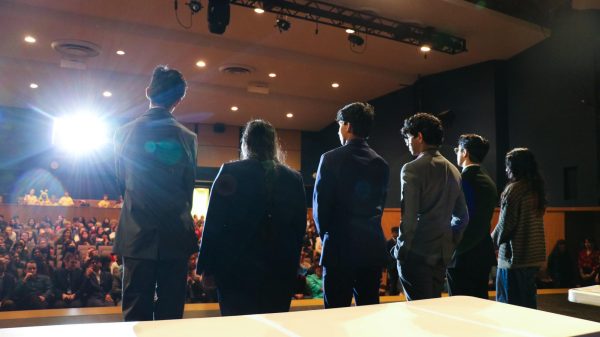Our Skewed Perceptions
I turned on the TV for the fourth time today. Malaysia Airlines Flight 370’s location had still not been discovered. Planes from multiple countries scouring for the boat. Theories were being made of the flight’s disappearance. Was it a terrorist attack? A plane crash? The security of aviation was once again questioned. How safe are planes really?
According to the article Plane Crash Facts on channel4.com, about one of 1.2 million commercial flights ends in a plane accident. Even in the case of an accident, 95.7 percent of passengers survive. Death resulting from a plane accident is about 1 in 11 million, which makes the rate of death quite low.
So why all the drama? About 40 percent of people experience anxiety while they are flying, but it’s hard to imagine an average American having anxiety every time they get into a vehicle. About 1 in 5,000 Americans die in a car accident each year, but car accidents don’t seem to be taking up weeks of media coverage, nor does 40 percent of the population seem to have anxiety each time they get into a car.
Not only with transportation do we see this phenomenon, but with many other perceptions that people have. Most people have heard that drastically more people die from dog bites than from shark attacks, and yet more people fear sharks than “man’s best friend.” According to the American Psychological Association, homicides represent 7 of every 100,000 deaths, whereas diabetes kills about 25 out of every 100,000, yet, people fear dark places like the plague but fail to watch their own health.
Why are perceptions so skewed?
“We see so much media coverage of those types of events basically 24/7 and we don’t see other things that aren’t as dramatic,” CHS psychology teacher David Aiello said. “We assume that those kinds of things happen all the time while in fact, research just shows they don’t happen nearly as often. The old-fashioned story about newspapers is ‘if it bleeds, it leads.’
Mass media has been used for over 50 years, and the tactics they use have not changed much, which is to walk that fine line between horrifying and exciting the audience. The people who do this right make a lot of money.
Therefore, the media over-represents certain events, and people skew their perception of how likely these events occur. A correct understanding of the media can help put those worry-warts at ease and instead prepare for the future. For example, instead of spending unnecessary amounts of time worrying about dying in a plane crash, think about how our daily eating habits can give us diabetes.
The key to staying above the media’s influence is to educate oneself independently. Read books, articles, and do research online. Only then can one have an accurate representation of the world and better help the community.
A $50 or more donation includes a subscription to the Clayton High School Globe 2024-2025 print news magazine.
We will mail a copy of our issues to the recipients of your choice.
Your donation helps preserve the tangible experience of print journalism, ensuring that student voices reach our community and that student democracy thrives.










